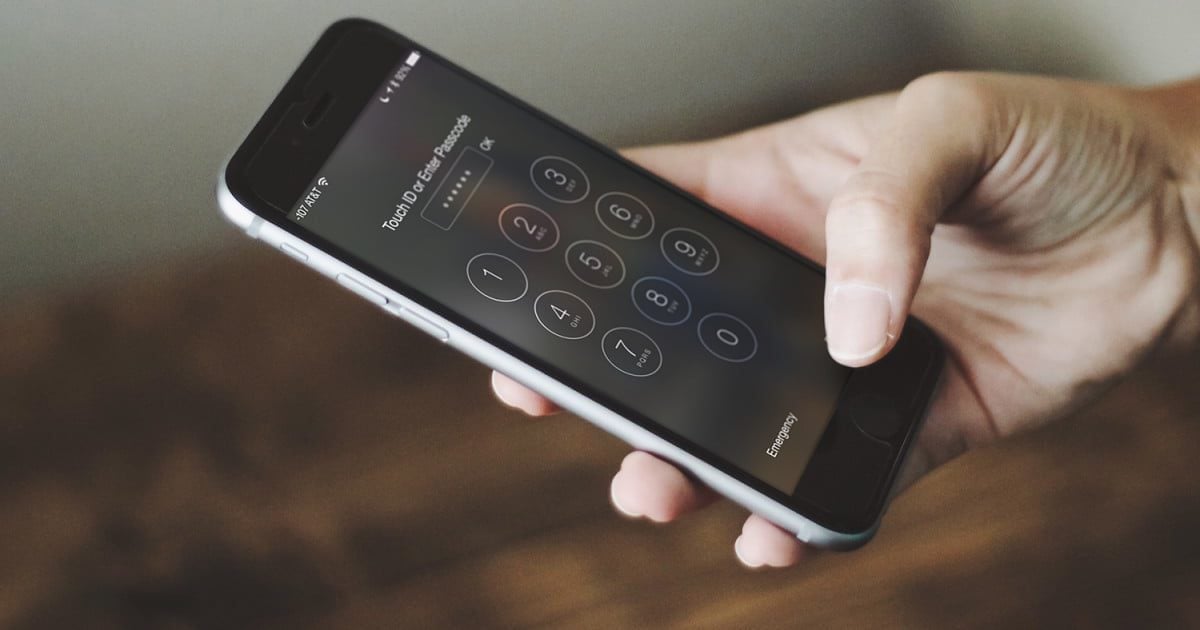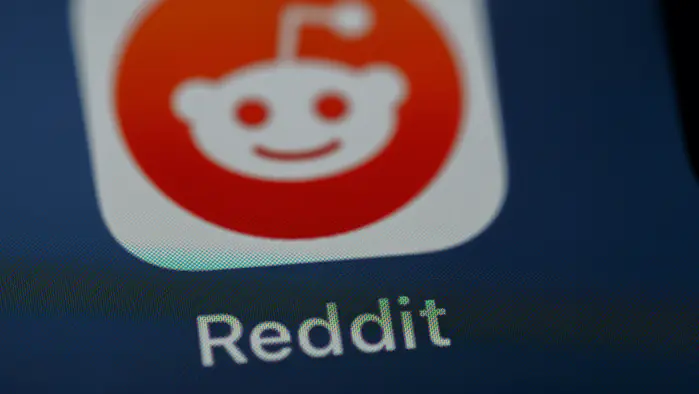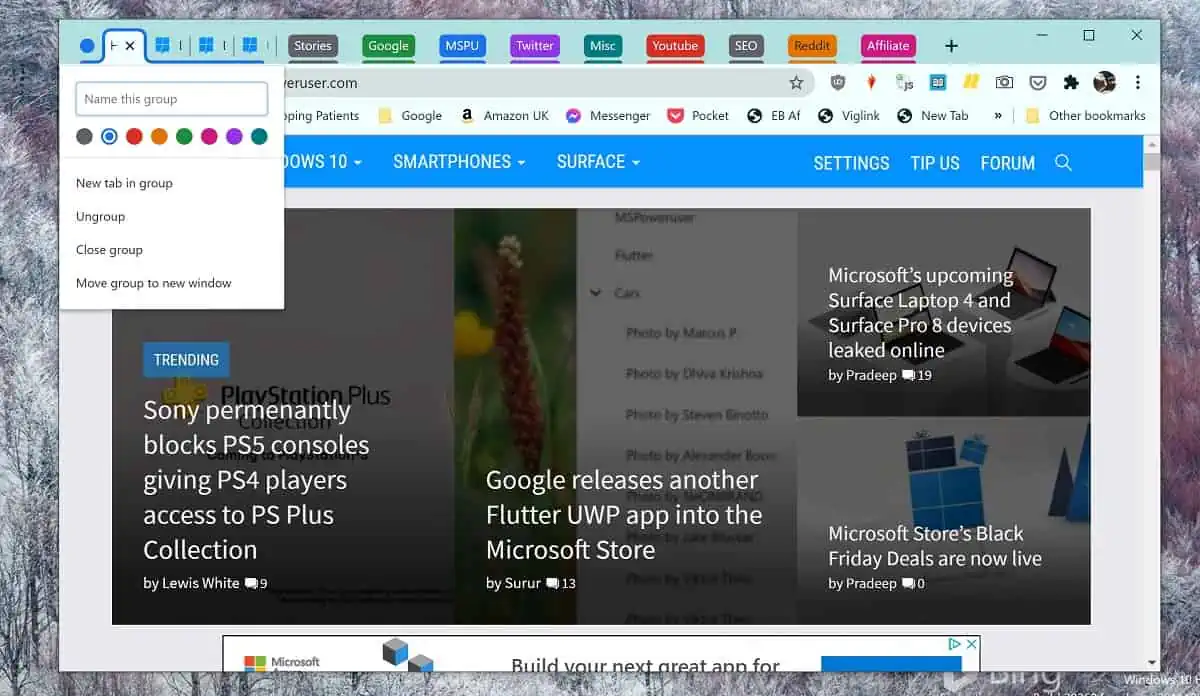Android has better data encryption than iPhones, says Forensics detective
2 min. read
Published on
Read our disclosure page to find out how can you help MSPoweruser sustain the editorial team Read more

In what seems to be a shocking statement, Detective Rex Kiser of the Fort Worth Police Department told Vice, “A year ago we couldn’t get into iPhones, but we could get into all the Androids. Now we can’t get into a lot of the Androids.” Part of Rex’s job is to conduct digital forensic examinations for the Fort Worth Police Department.
The Vice report reveals that Cellebrite is a popular piece of software that is used widely in order to crack both iPhones and Android phones. It can help investigators get access to data such as GPS records, messages, call logs, contacts, data from specific apps like Instagram, Twitter, LinkedIn. This data can, in turn, be produced in courtrooms as evidence. The process is fairly easy when it comes to cracking the iPhone encryption up to the iPhone X.
However, when it comes to cracking the encryption of some prominent Android smartphones, the Cellebrite tool struggles so much so that it cannot extract any social media, internet browsing, GPS data from smartphones like Galaxy S9, and Google Pixel 2. Worse, the cracking tool failed miserably and managed to extract nothing from the Huawei P20 Pro.
“Some of the newer operating systems are harder to get data from than others,” Kiser told Vice. “I think a lot of these [phone] companies are just trying to make it harder for law enforcement to get data from these phones … under the guise of consumer privacy.”
The report, however, doesn’t say that Android smartphones are uncrackable. To crack the encryption of Android smartphones, investigators need more resources and time, and the process also becomes more labor-intensive.
Source: Vice; Via: Androidauthority









User forum
0 messages